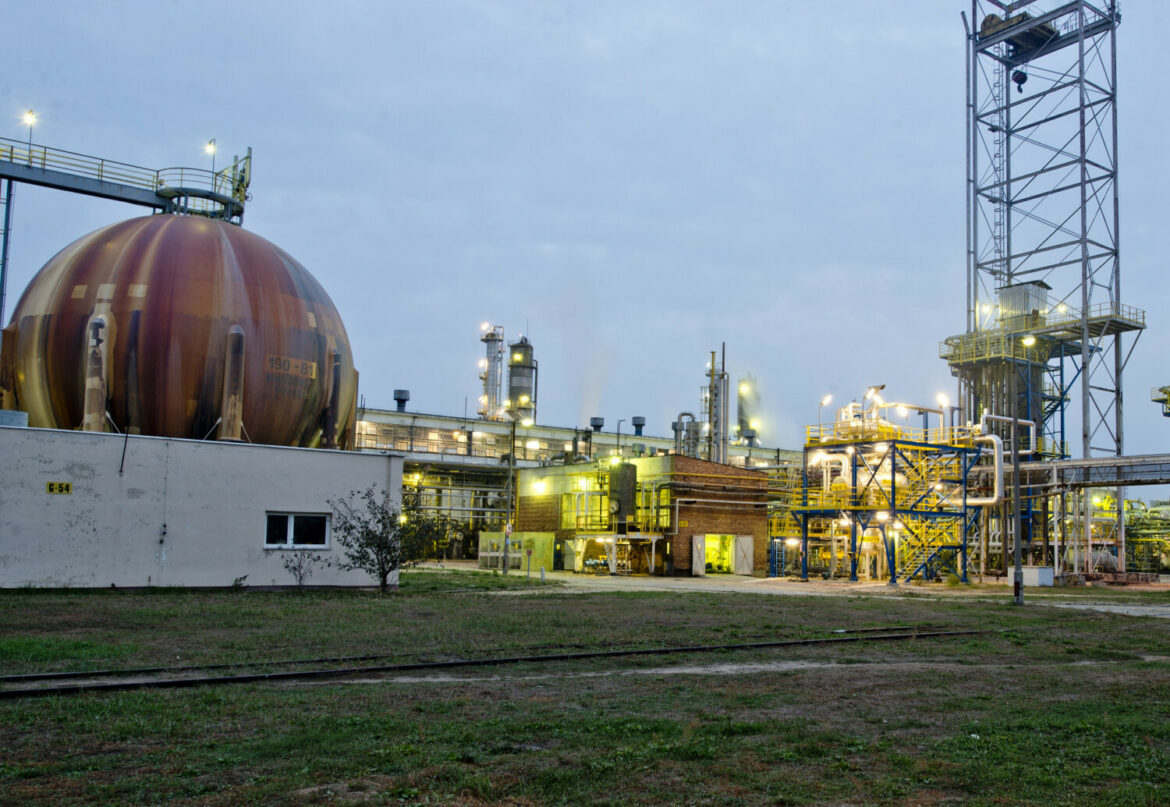Chemical plants belonging to the Azoty Group have limited the production of some chemicals and stopped some installations due to high gas prices. This concerns the production of ammonia, nitrogenous fertilisers and plastics. At the beginning of August, Zakłady Azotowe Puławy completely halted melamine production due to high gas prices.
Grupa Azoty’s Zakłady Azotowe Puławy will limit ammonia production to around 10 % of capacity; production in the Plastics Segment and the Agro Segment will be halted, except for the production of ammonium sulphate from the Flue Gas Desulphurisation Plant, NOXy, i.e. AdBlue catalytic fluid, Likam ammonia solution, and urea solution under the trade name PULNOx.
Company Azoty is also shutting down operations at its nitrogen fertiliser, caprolactam and polyamide 6 facilities. The company continues to produce catalysts, polyamide casings, humic acids, thermoplastic starch and concentrated nitric acid. During the announced shutdown of the production facilities, investment and overhaul processes will be implemented, including the previously planned major overhaul of the Polyamide facility.
Also, Anwil, a company owned by PKN Orlen in Włocławek, has decided to temporarily halt production of nitrogenous fertilisers. The reason is record prices for gas, the main raw material to produce this type of fertiliser.
On Monday, gas prices at the Dutch TTF hub reached €270-280 per MWh, after a rise of around 15% in one day. Over the past week, gas prices on the European market have risen by around 25 %.
“As long as the Baltic Pipe is not used, unfortunately we buy gas on gas exchanges, mainly at the Dutch gas hub. This is because we had a contract with the Russians for about 10 billion cubic metres of gas until the end of this year. Since they turned off the gas tap for us, we have to buy this particular gas, and it is very expensive,” said businessalert.pl expert Teresa Wójcik.
Arkadiusz Słomczyński





